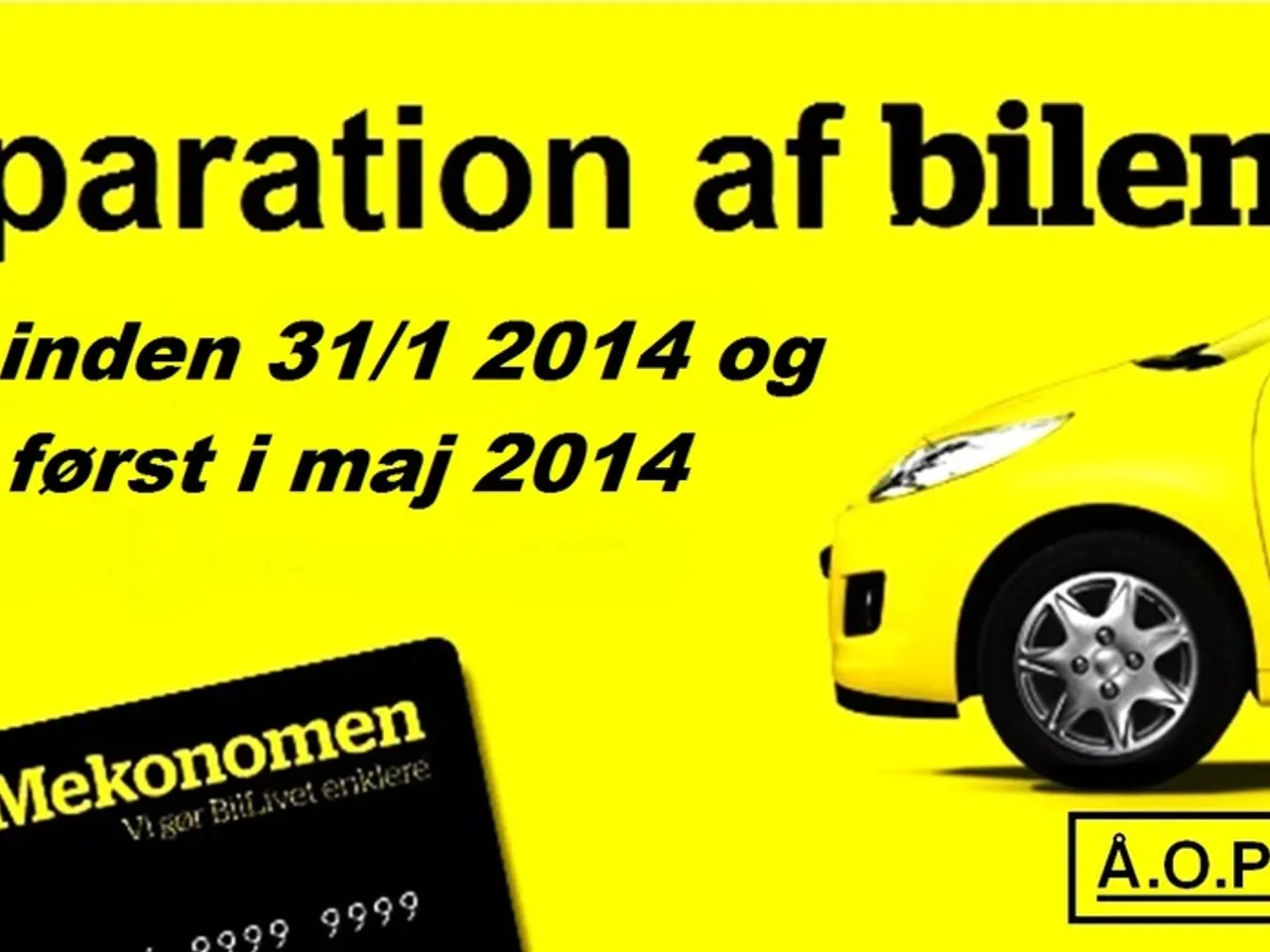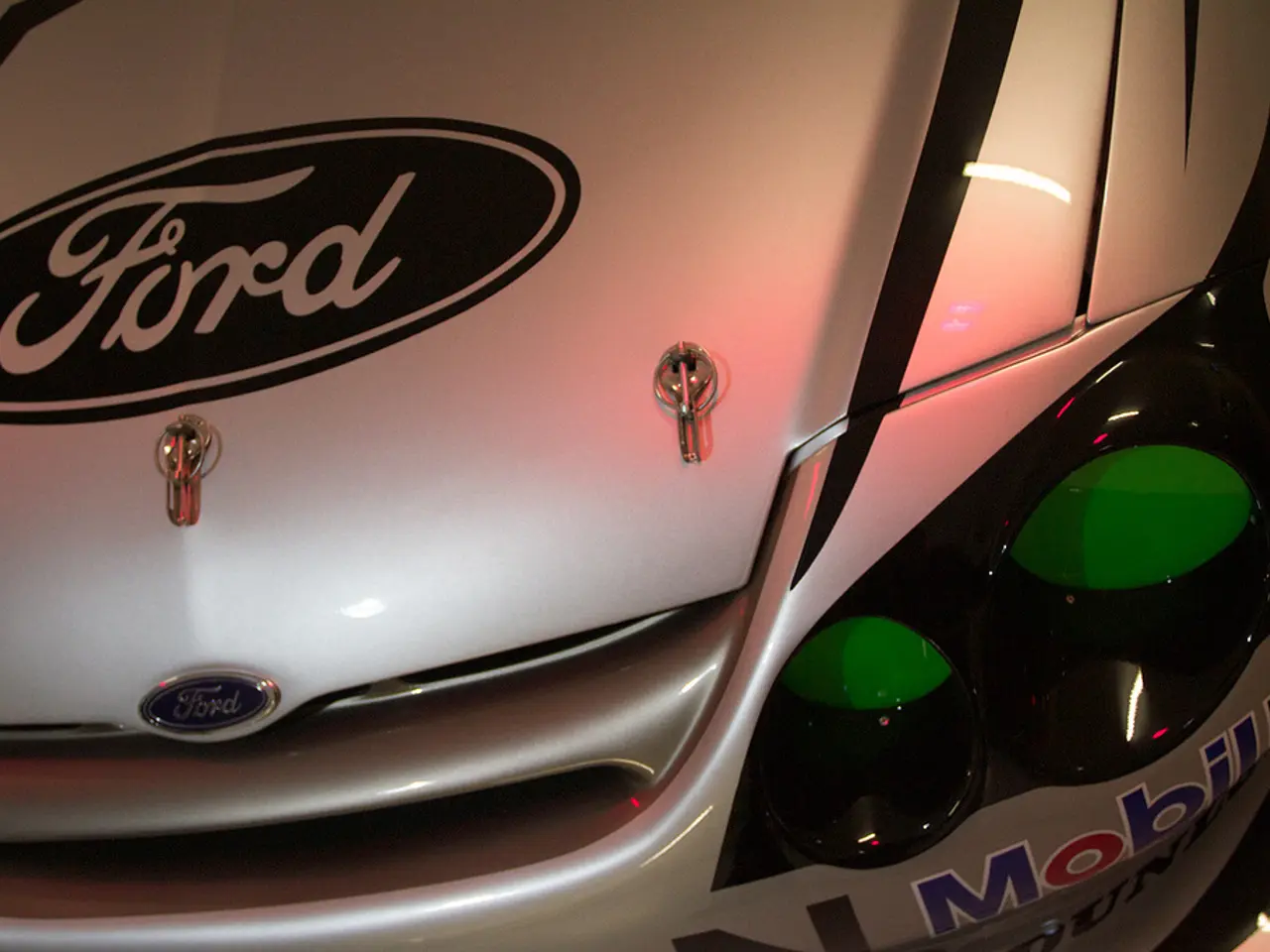Bewilderment Surrounding Italian Government's Banking Sector Manipulations
The Heart of Milan
Europe's Competition and Justice Authorities Displaying Apprehension Regarding Rome's Affairs
The hefty interference by the Italian government and the questionable circumstances surrounding the offloading of government-owned shares in Monte dei Paschi di Siena (MPS) have sparked suspicion among Italian justice officials and the EU competition authority, DG Comp. Reports indicate that Rome may have breached protocols in the share sale. Shady businesses like entrepreneur Francesco Caltagirone and the Delfin holding of the Del Vecchio family are suspected to have received preferential treatment. Several Italian media outlets echo these sentiments.
However, it's essential to note that no definitive evidence has surfaced to conclusively prove that Rome violated EU rules entirely during the sale of MPS's state shares. Nonetheless, the murky waters of banking deals across Italy and Southern Europe showcase underlying tensions between national governments imposing conditions on bank mergers or acquisitions and EU law.
A Peek into the Bigger Picture
Monte dei Paschi di Siena, which was under state supervision in 2017, secured the European Central Bank's (ECB) endorsement for a significant acquisition proposal (Mediobanca), signifying that regulatory oversight was observed in this context (Source: [1]).
Italian authorities have imposed severe conditions on UniCredit’s proposed acquisition of Banco BPM SpA, another major banking deal in Italy. UniCredit expressed concern that these conditions might contravene the law, hinting at potential friction between Italian government requirements and EU or competition law principles (Source: [5]).
No explicit mentions of any EU infringement or violation proceedings against Italy relating to the sale of state shares in MPS were found in the results.
Context and Speculations
Other EU banking market regulation topics appeared in the search results (such as EU State Aid Law, Takeover Bids Directive), but withoutspecific accusations against Italy or MPS. In essence, although Italy (Rome) may occasionally impose restrictive or questionable conditions on banking transactions, raising legal questions under EU law, there's no concrete documentation of a violation of EU rules regarding the sale of state shares in Monte dei Paschi di Siena. The nature of the alleged violations could center around anti-competitive conditions or state aid rules, but without conclusive evidence, these remain theoretical.
In conclusion, based on the available data, Rome has not been formally indicted for violating EU rules in the sale of state shares in Monte dei Paschi di Siena. Disputes and legal concerns seem more prominent in other banking acquisitions and may touch upon competition law or conditions imposed by Rome that the banks find legally questionable (Sources: [1][5]).
- The controversies surrounding the Italian government's sales of Monte dei Paschi di Siena's state shares have raised concerns in the realm of general-news, as they potentially contradict EU competition law and state aid regulations.
- Italian business decisions, such as conditions imposed on banking acquisitions like UniCredit's proposed acquisition of Banco BPM SpA, have sparked debates in the world of finance and politics, as they might conflict with EU or competition law principles.




